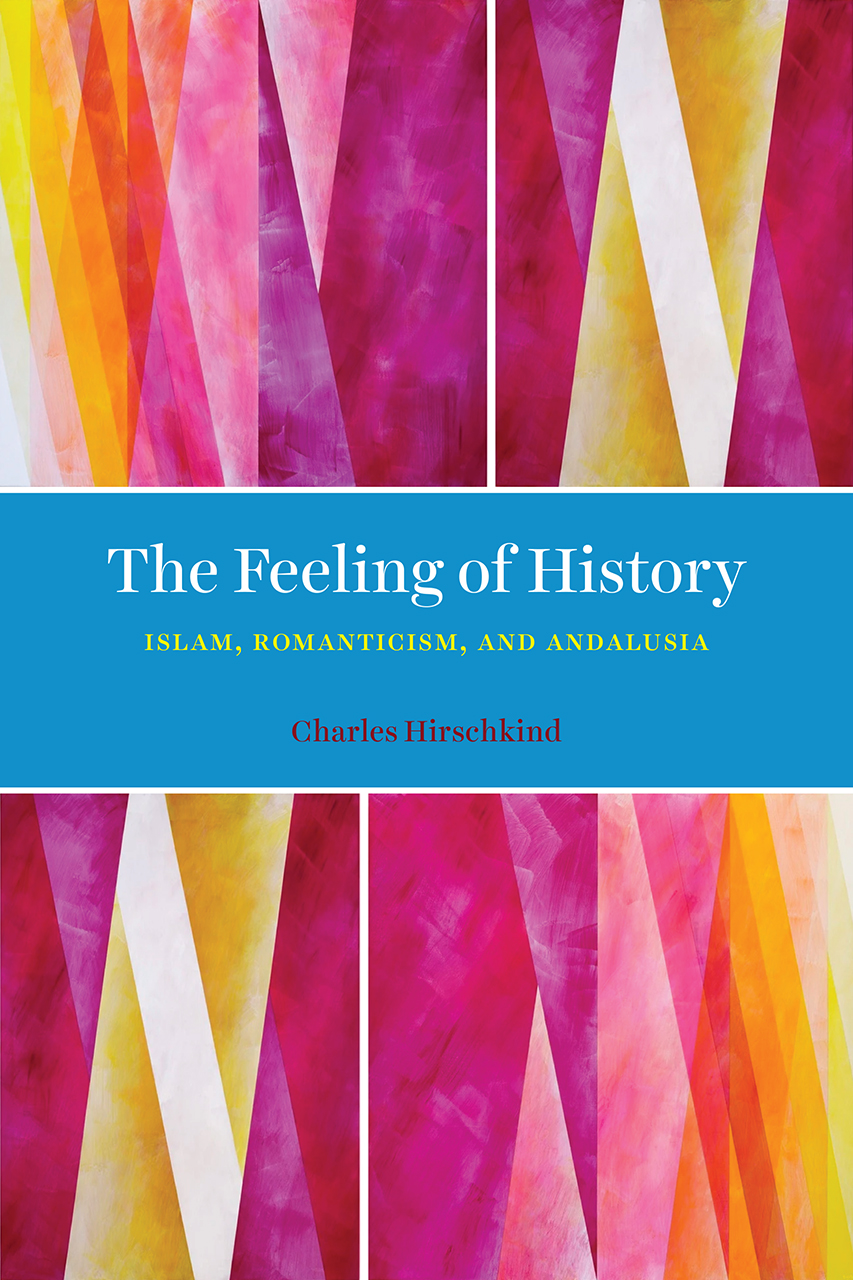Books
The Ethical Soundscape
Cassette Sermons and Islamic Counterrepublics
Charles Hirschkind's unique study explores how a popular Islamic media form—the cassette sermon—has profoundly transformed the political geography of the Middle East over the last three decades. An essential aspect of what is now called the Islamic Revival, the cassette sermon has become omnipresent in most Middle Eastern cities, punctuating the daily routines of many men and women. Hirschkind shows how sermon tapes have provided one of the means by which Islamic ethical traditions have been recalibrated to a modern political and technological order—to its noise and forms of pleasure and boredom, but also to its political incitements and call for citizen participation. Contrary to the belief that Islamic cassette sermons are a tool of militant indoctrination, Hirschkind argues that sermon tapes serve as an instrument of ethical self-improvement and as a vehicle for honing the sensibilities and affects of pious living. Focusing on Cairo's popular neighborhoods, Hirschkind highlights the pivotal role these tapes now play in an expanding arena of Islamic argumentation and debate—what he calls an "Islamic counterpublic." This emerging arena connects Islamic traditions of ethical discipline to practices of deliberation about the common good, the duties of Muslims as national citizens, and the challenges faced by diverse Muslim communities around the globe. The Ethical Soundscape is a brilliant analysis linking modern media practices of moral self-fashioning to the creation of increasingly powerful religious publics.
The Feeling of History
Islam, Romanticism, and Andalucia
In today’s world, the lines between Europe and the Middle East, between Christian Europeans and Muslim immigrants in their midst, seem to be hardening. Alarmist editorials compare the arrival of Muslim refugees with the “Muslim conquest of 711,” warning that Europe will be called on to defend its borders. Violence and paranoia are alive and well in Fortress Europe. Against this xenophobic tendency, The Feeling of History examines the idea of Andalucismo—a modern tradition founded on the principle that contemporary Andalusia is connected in vitally important ways with medieval Islamic Iberia. Charles Hirschkind explores the works and lives of writers, thinkers, poets, artists, and activists, and he shows how, taken together, they constitute an Andalusian sensorium. Hirschkind also carefully traces the various itineraries of Andalucismo, from colonial and anticolonial efforts to contemporary movements supporting immigrant rights. The Feeling of History offers a nuanced view into the way people experience their own past, while also bearing witness to a philosophy of engaging the Middle East that experiments with alternative futures.

